HPLC Operator Course
The fundamental concepts of HPLC explained. From system set-up to shutdown. Helping to build understanding and confidence in running HPLC analysis. With a strong emphasis on practical technique, this course is for HPLC operators who need to perform error-free routine analysis to a high level of consistency, accuracy and efficiency.
7 Modules 3 Webcasts 7 Quick Guides

17 Items
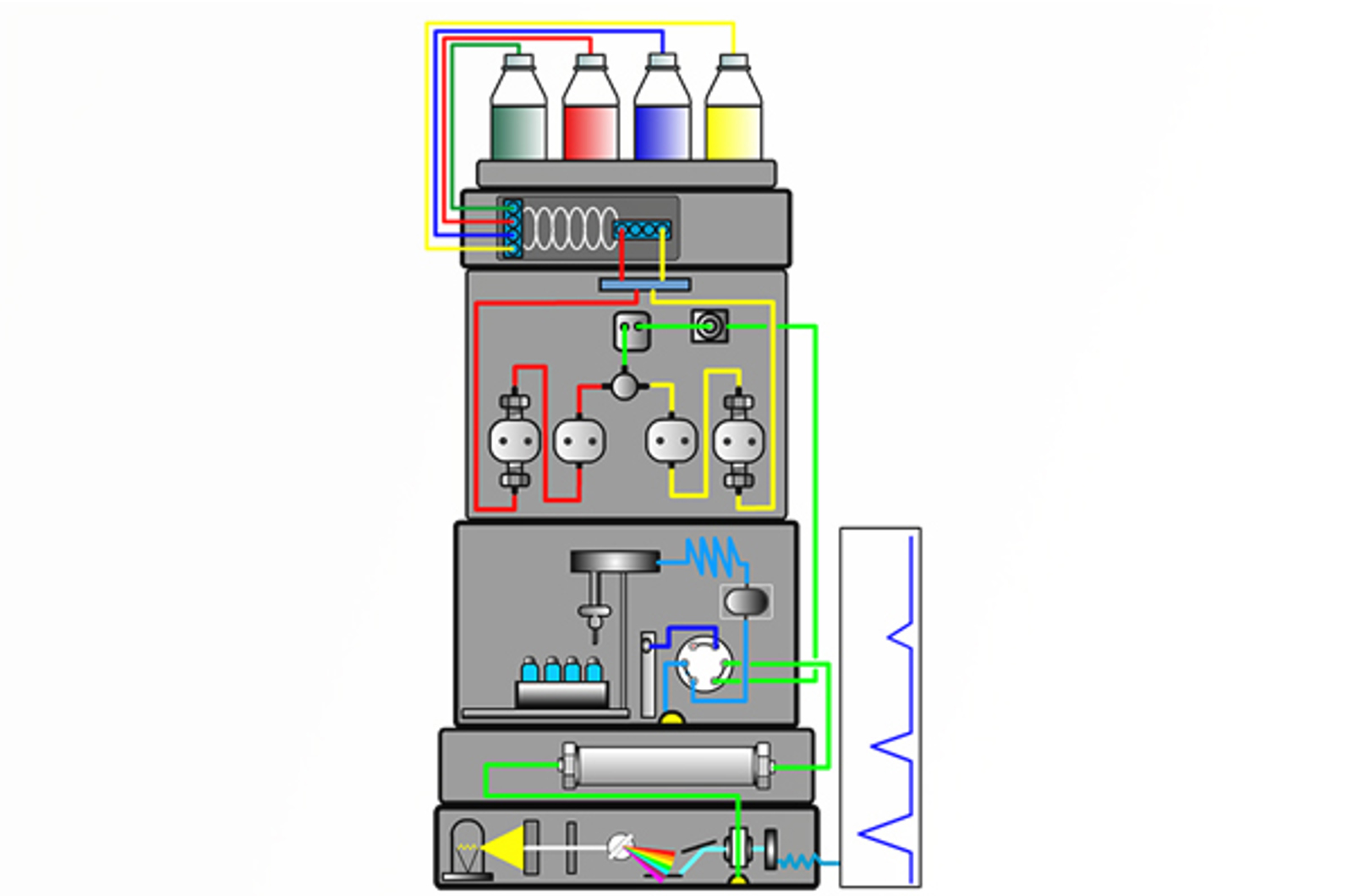
HPLC Introduction
The aim of this module is to give a brief history of liquid chromatography and compare and contrast high performance liquid chromatography (HPLC) with gas chromatography (GC). Liquid chromatography (LC) is explained, and the function of each component of the HPLC system discussed. The chromatogram is also introduced.

HPLC Method Review and Workload Planning
In this module an experienced analyst takes you step-by-step through the process of how we do this. We'll look in detail at every part of what appears to be a straightforward HPLC method, paying particular attention to the many areas which carry a high risk of error and how we can plan our work to minimize many of these common errors.
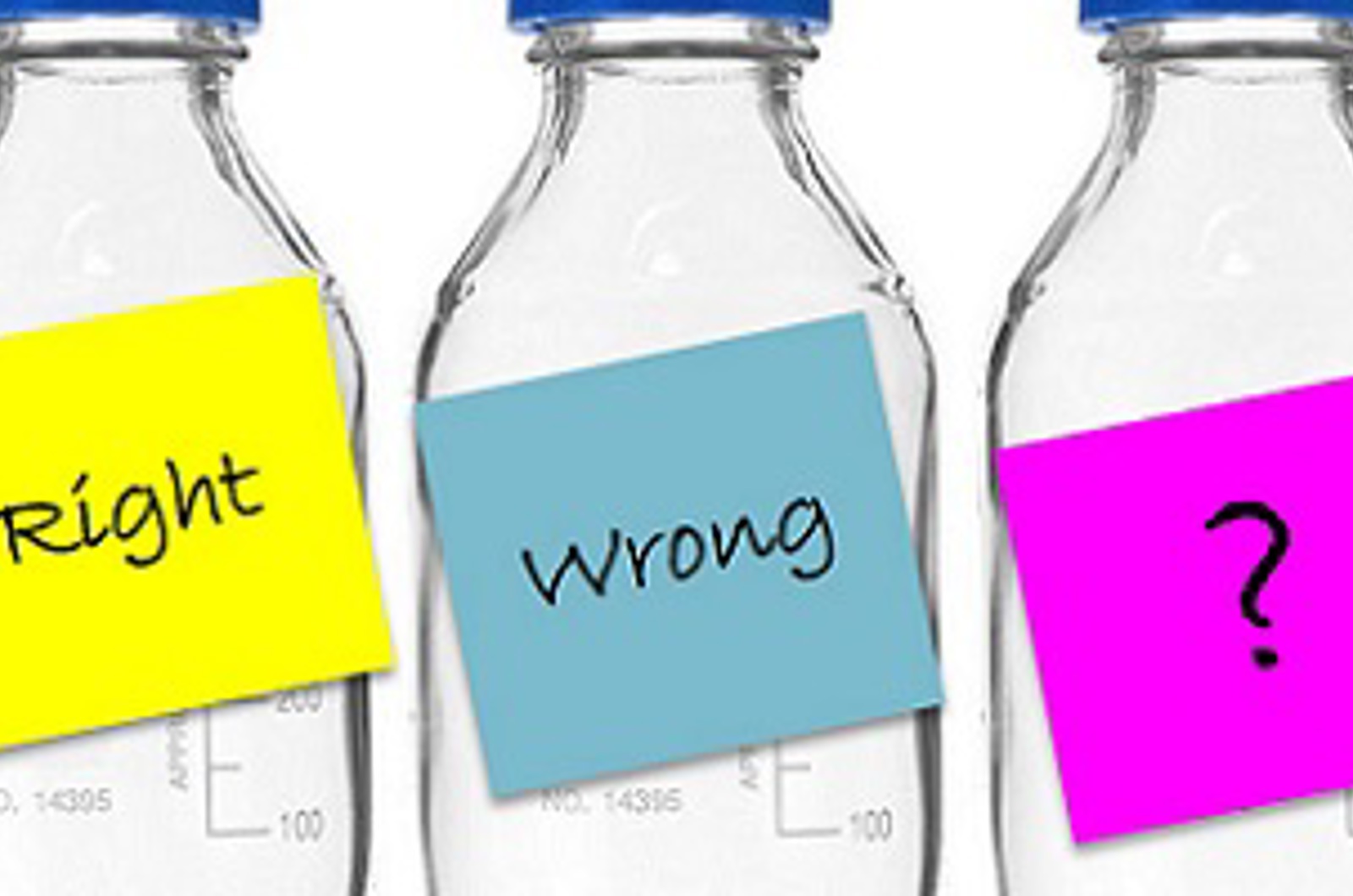
The Rights and Wrongs of Mobile Phase Preparation
Mobile phase preparation - what could possibly go wrong? Let us walk you through a typical mobile phase preparation process highlighting how to avoid common pitfalls such as contamination from glassware or mixing organic and aqueous in the incorrect order. After watching this webcast there will be much more right than wrong with your mobile phase preparation.

Practical HPLC Video Bootcamp
Join us for a little over an hour on this step-by-step guide through setting up an HPLC instrument. Avoid common errors and pitfalls and understand every step of the process to get your instrument set up correctly every time, decrease down-time, and reduce the risk of re-analysis.

Checklists Are Only for Pilots?
Try using the following checklist as an example before setting off a run on a UV HPLC system.

Batch Integration
Learn how to carry out batch integration with a generic approach that can be applied to your data.
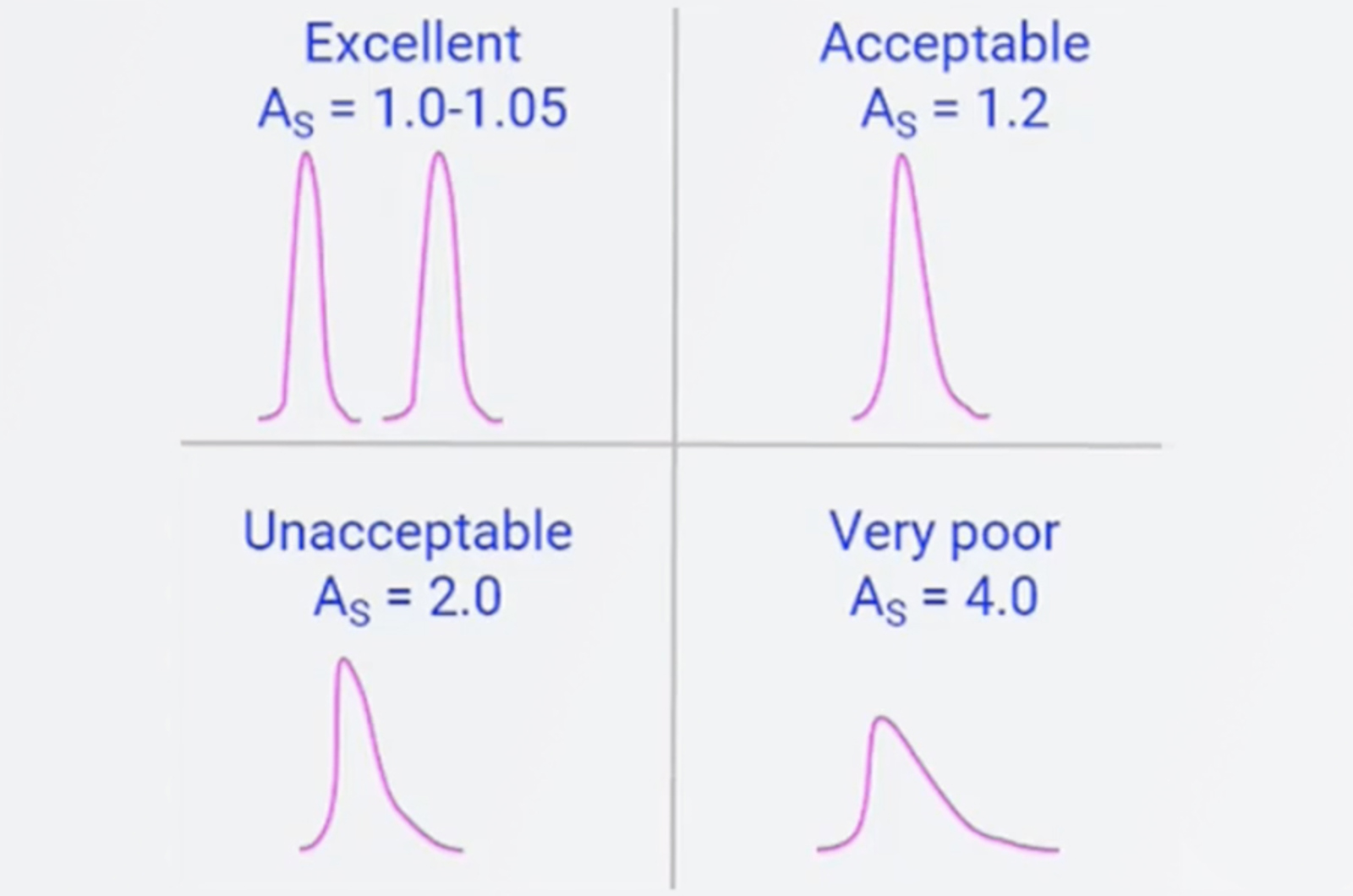
System Suitability for HPLC
System suitability is a series of checks built in to a sequence to ensure all sample data is correct and valid. This webcast will describe how we design and perform system suitability and which chromatographic parameters we should be assessing during the process.
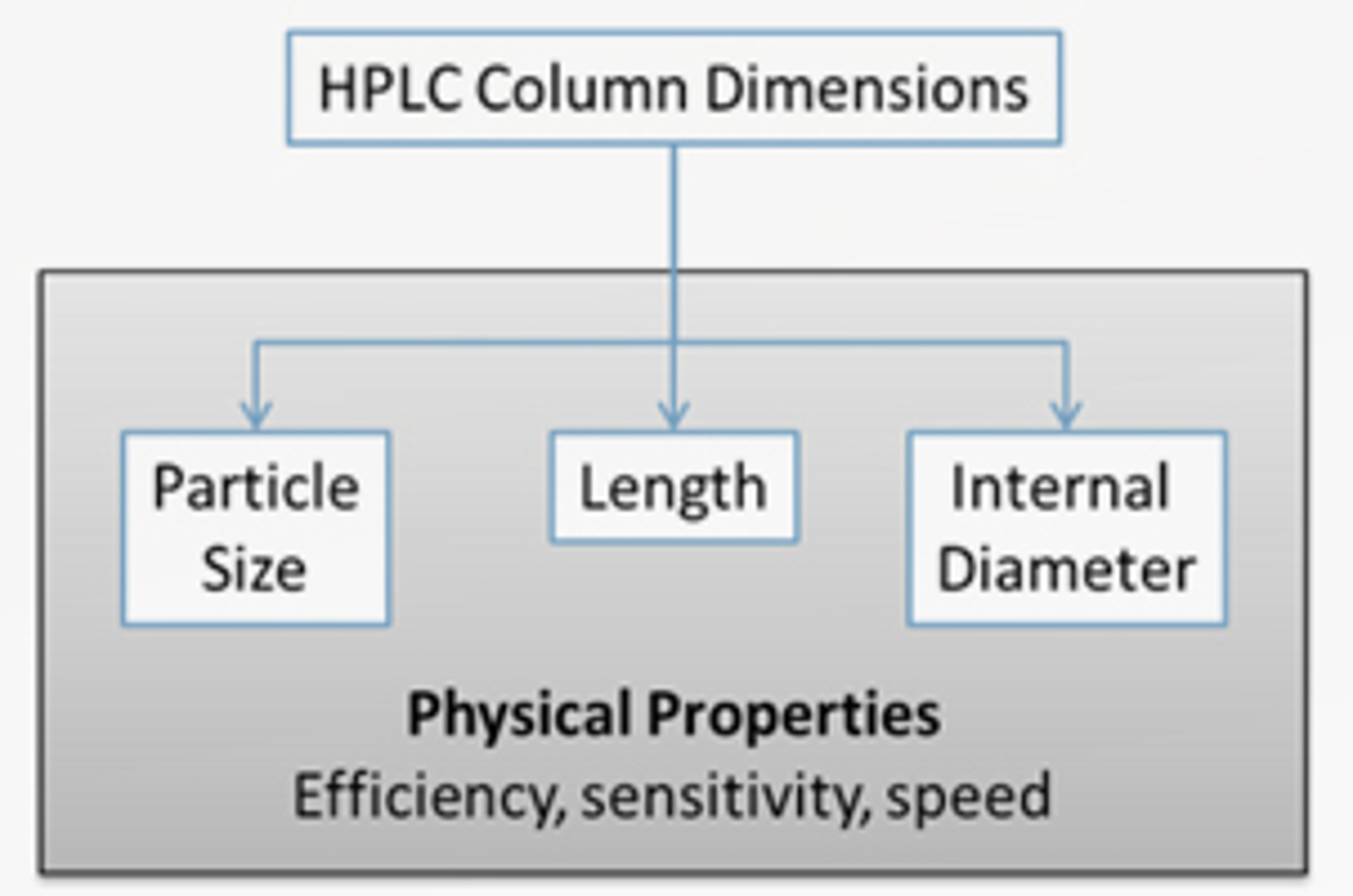
HPLC Column Dimensions
HPLC column dimensions will affect the efficiency sensitivity, and speed of an analysis. The primary column dimensions of particle size, length, and internal diameter will be discussed and their effect on chromatographic separations demonstrated, providing some practical insight into how to select the best column dimensions for a particular application.
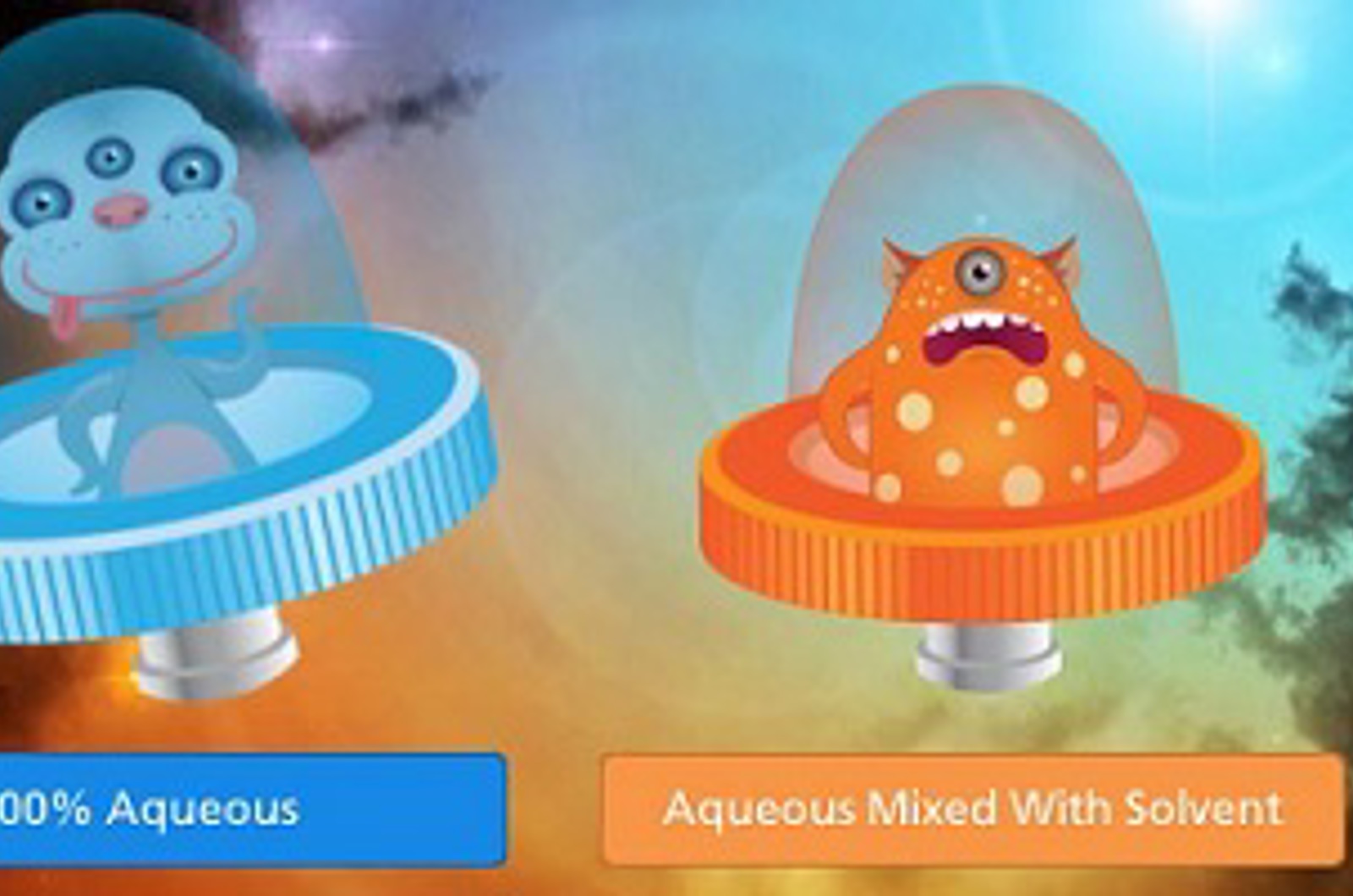
HPLC Filtration - Rocks, Boulders, and Sand
We get asked a lot about the value of mobile phase filtration and, especially since the introduction of UHPLC, the various system filters and how best to protect HPLC systems to allow maximum up time. We have collected together an assembly of thoughts on all things filtration for HPLC – and how to deal with various nasties – from rocks to sand.
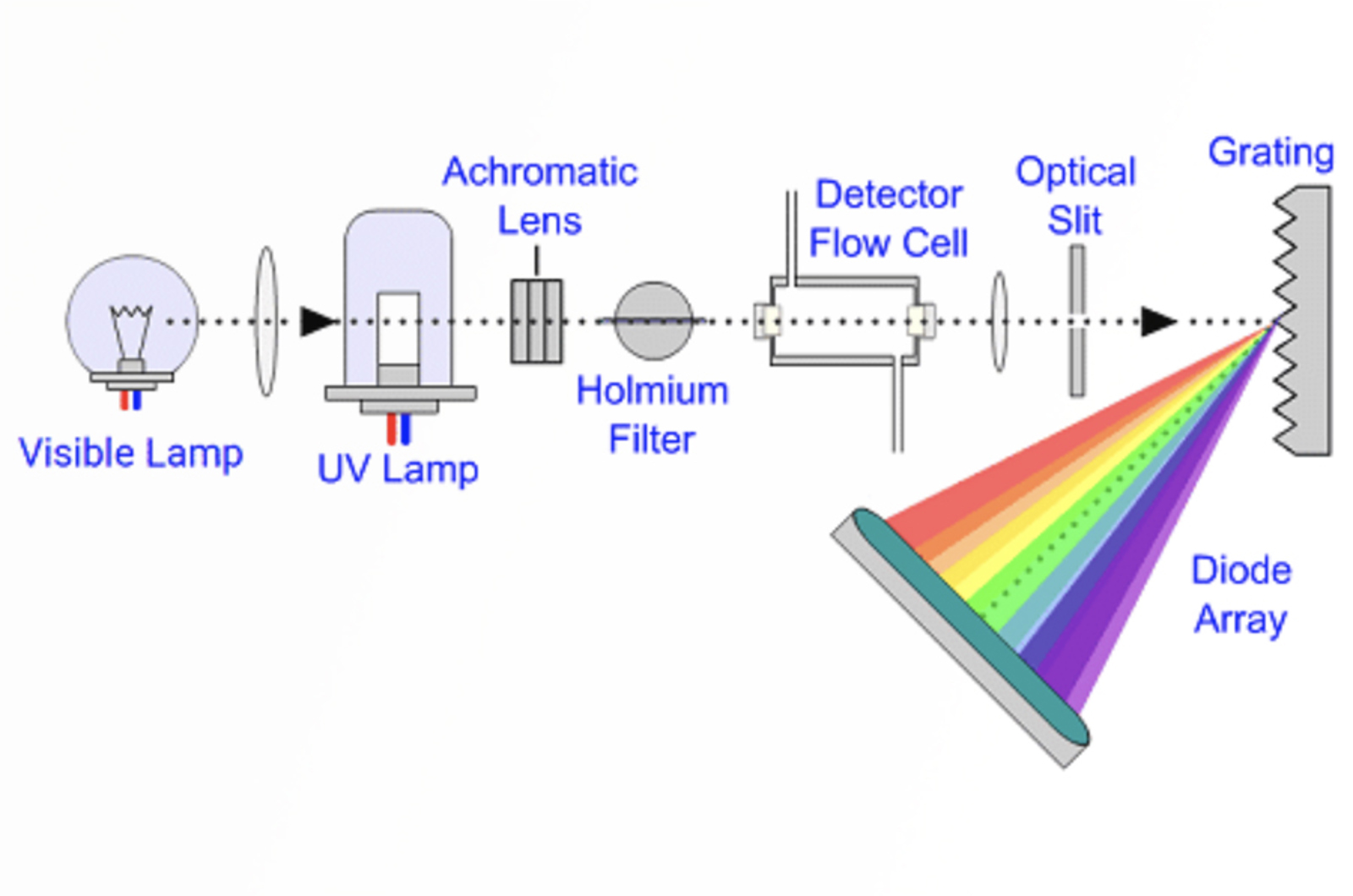
Introduction to HPLC Detectors
This module will introduce the general terms and concepts that are applicable to all HPLC detectors; including selectivity, sensitivity, limit of detection and limit of quantification. The learning content will allow you to understand the function of an HPLC detector and what is required when selecting a detector for specific analytical outcomes.
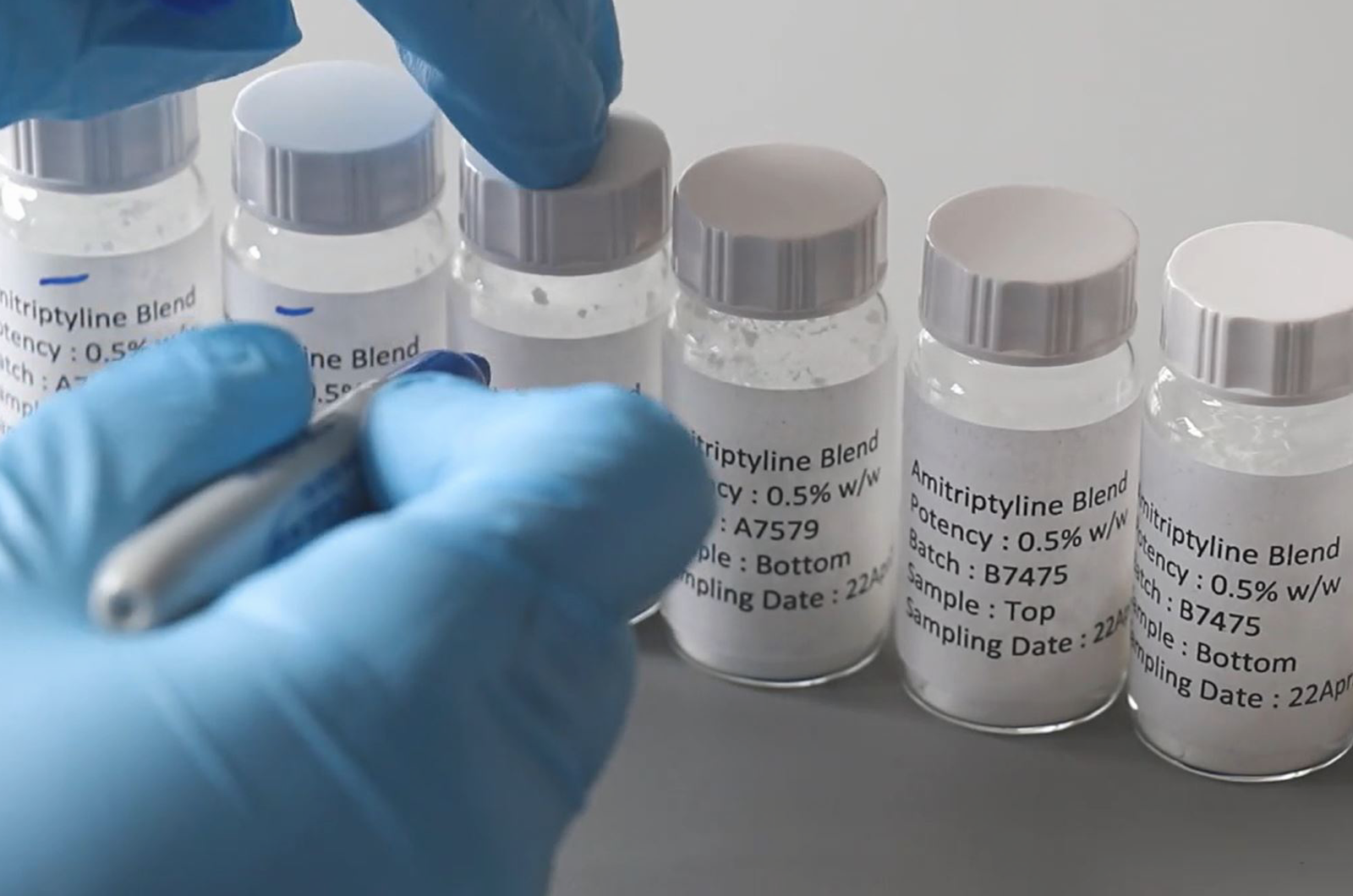
Eliminating Error During Preparation of Samples
In this module we will follow two very experienced analysts as they guide you through the process of managing your workspace an samples in a way that eliminates errors.
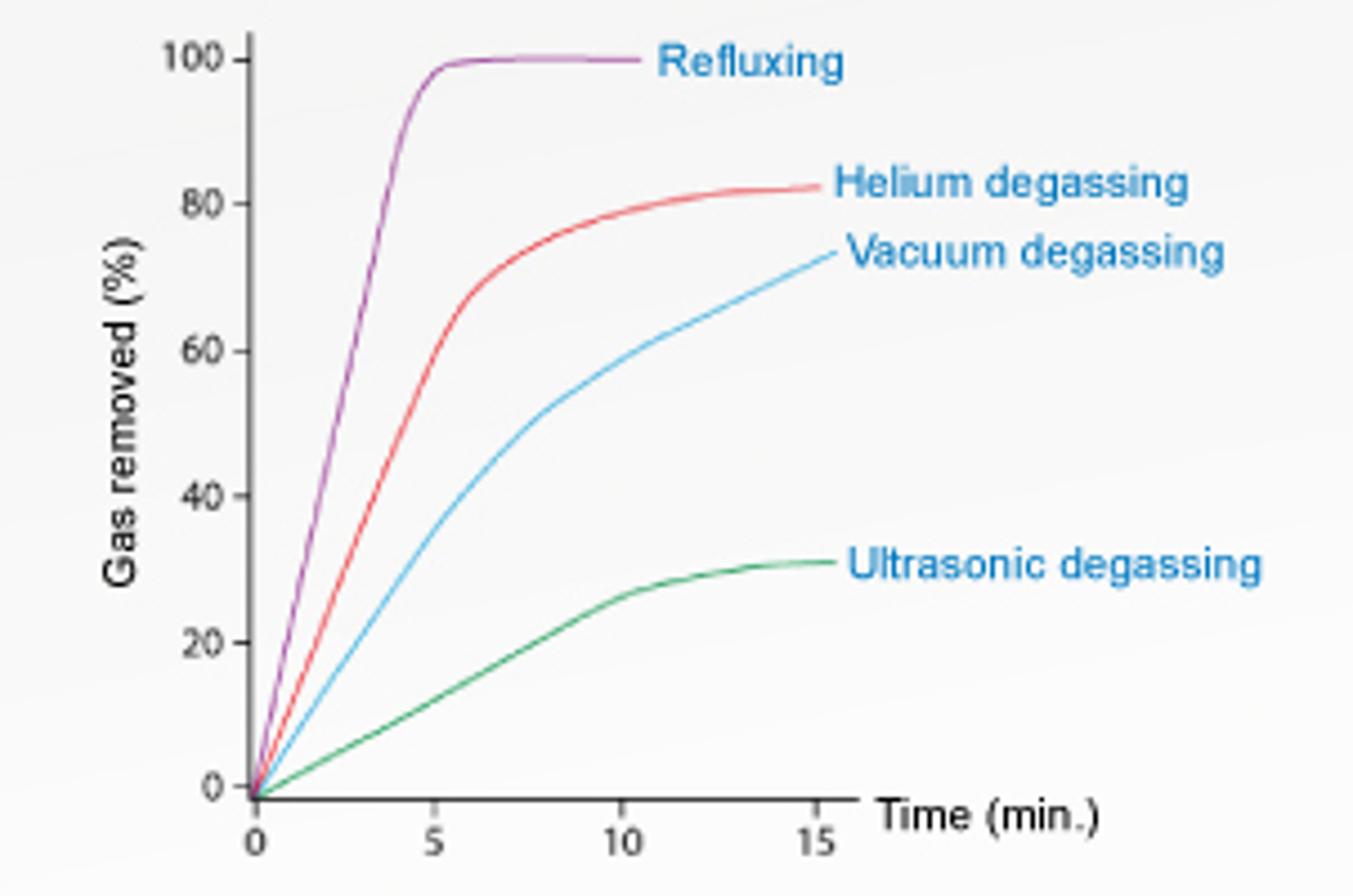
HPLC Mobile Phases – 10 Bad Habits to Avoid
Learn about the most common bad habits that should be avoided with HPLC mobile phases!
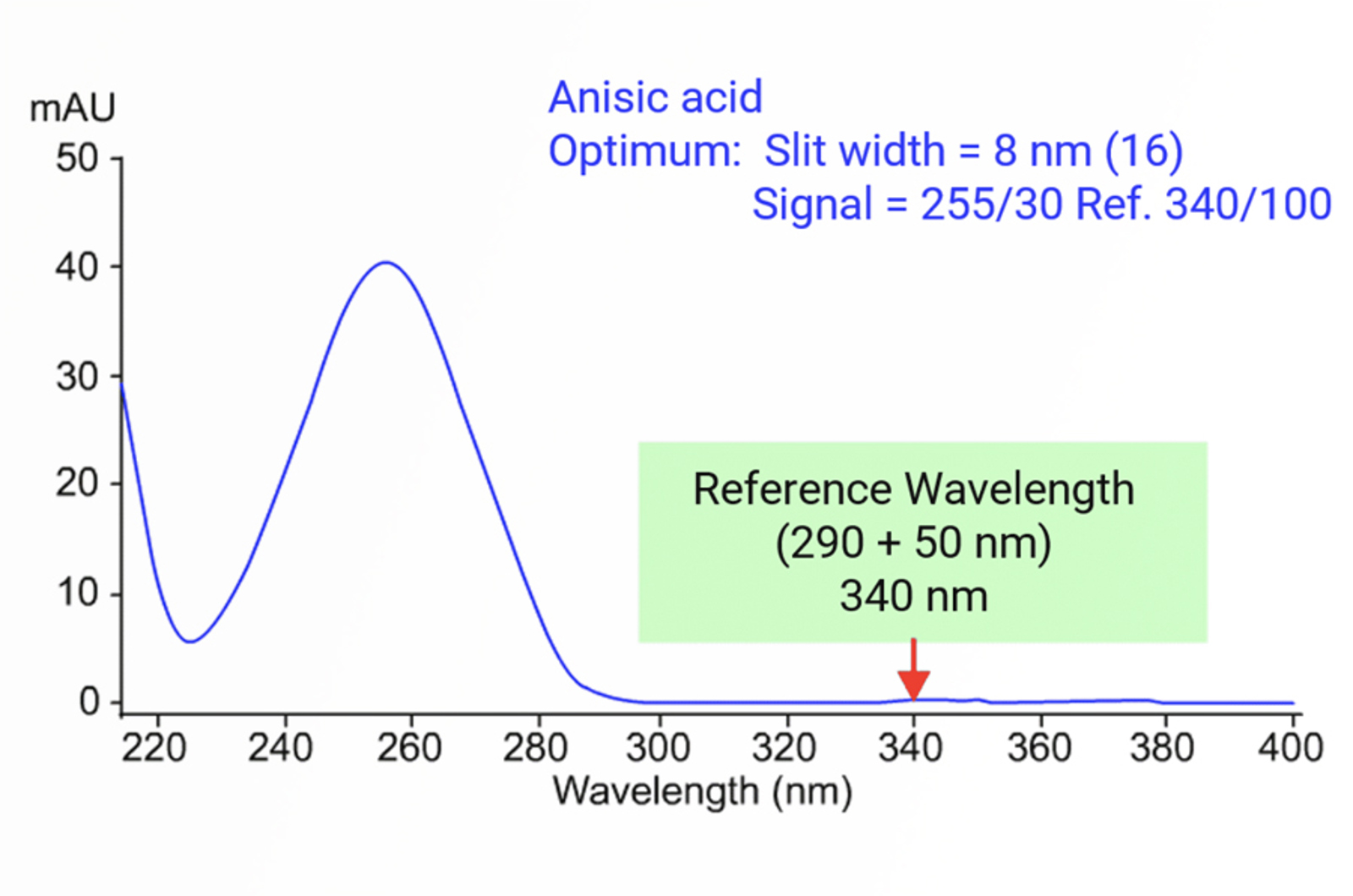
UV-Visible Detectors
The most commonly used detector for HPLC analysis is the UV-visible detector. The detector fulfills many of the criteria for an ideal detector. This module will detail the workings of UV-visible detectors, including variable wavelength and diode array detectors. Key detectors settings that should be optimized are fully detailed.
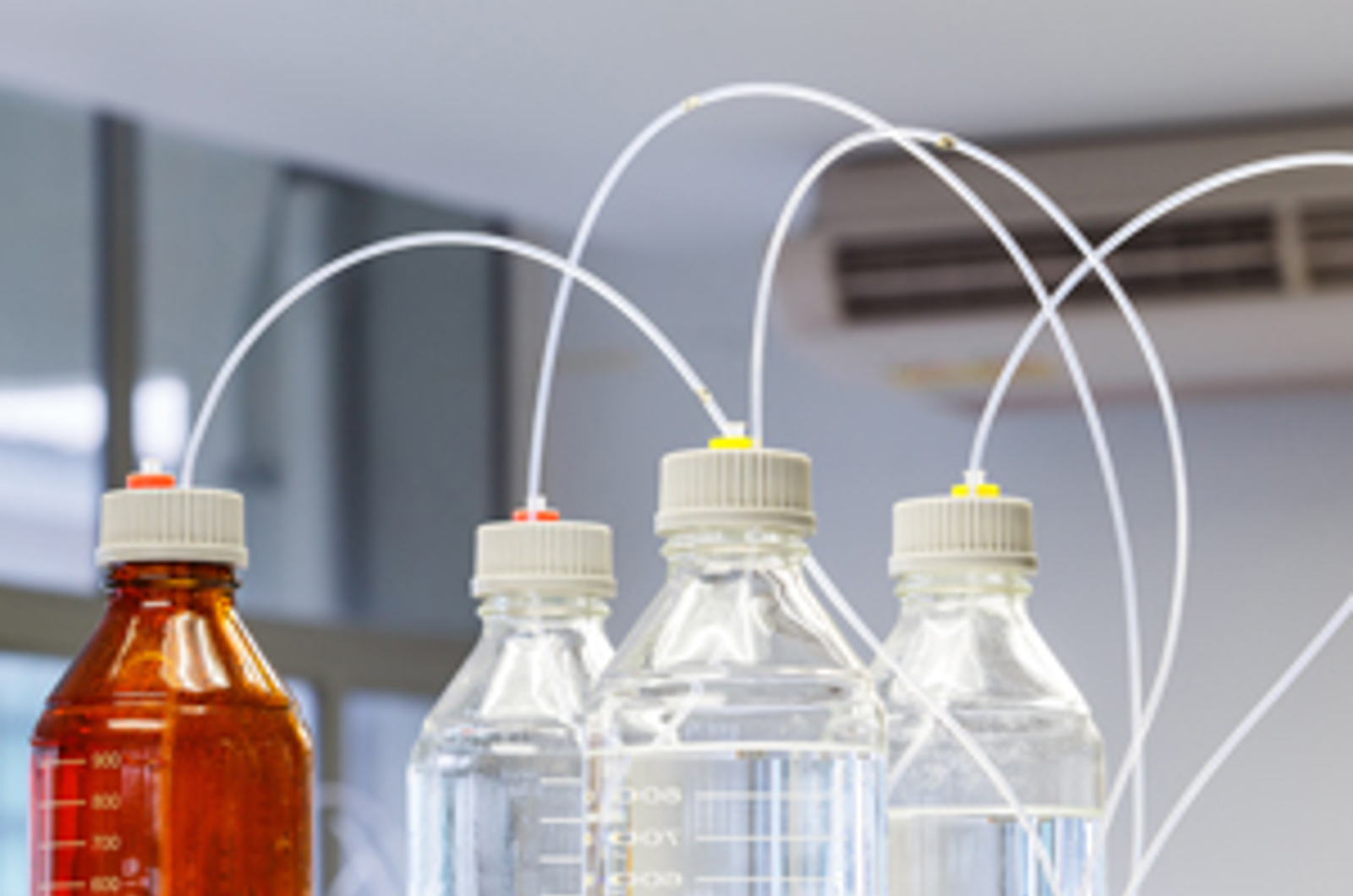
HPLC Mobile Phase Lifetimes
The question of how long you can store HPLC mobile phases is asked on a regular basis to the CHROMacademy technical team. Here are our general guidelines.
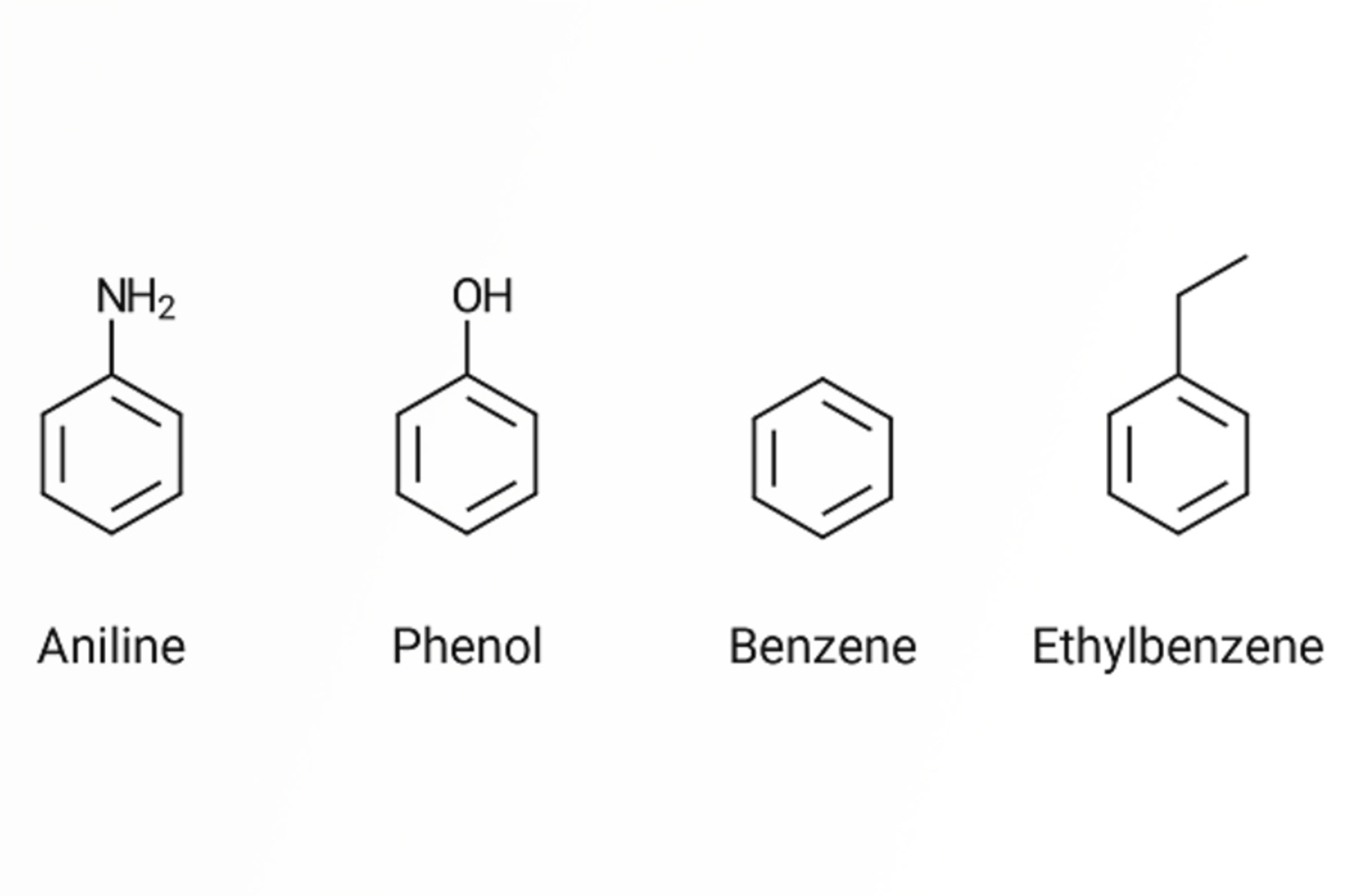
Internal Standards
Internal standards are an approach we use to improve method precision. Although our aim during method development is to always achieve methods with the best precision we can, there are certain applications that fundamentally cannot deliver good precision. This module will consider all of the practicalities of selecting and using internal standards correctly.
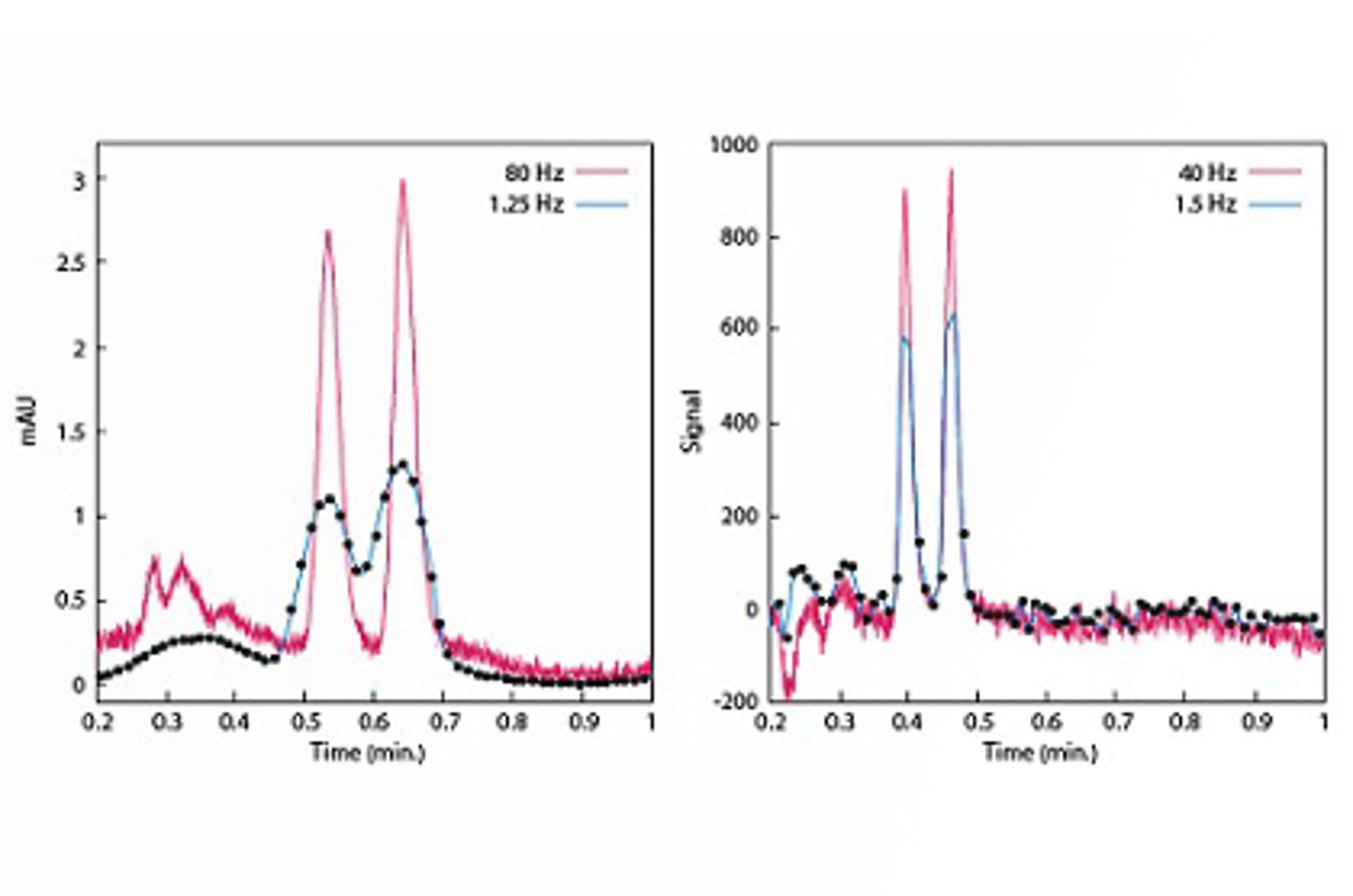
The What, When, and How of Peak Integration: Part I. What
This quick guide will define what chromatographic peak integration is and the primary chromatography data system (CDS) settings which are required.
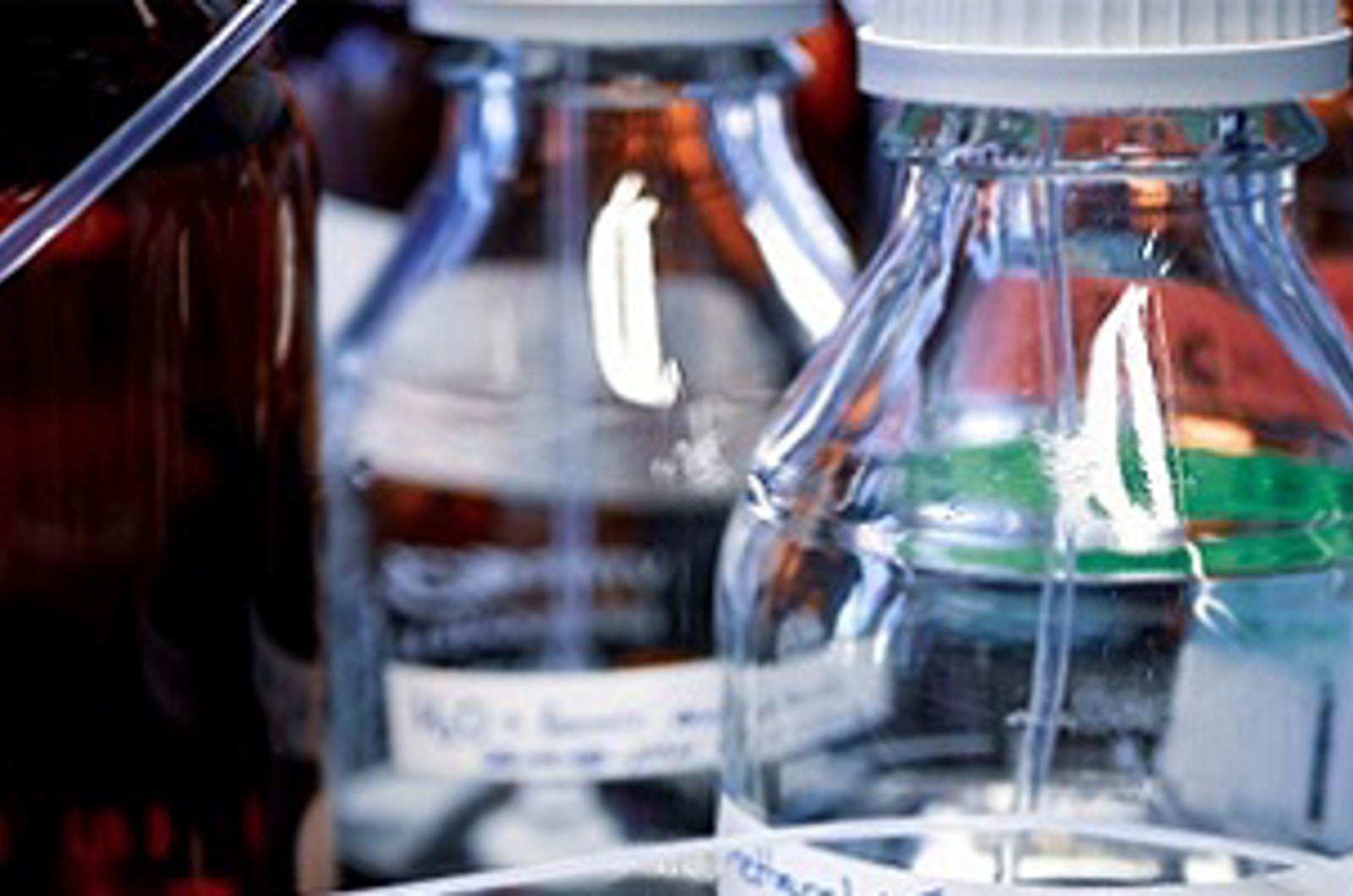
The Rights and Wrongs of Mobile Phase Preparation Q&A
This Q&A session, based on the questions submitted in one of our most attended webcasts, will make you think about mobile phase preparation in a whole new way! Everything from how cleaning our glassware can impact analyses, to how to avoid or minimize contamination, what the best practices are for filtering mobile phases - and lots in between.
